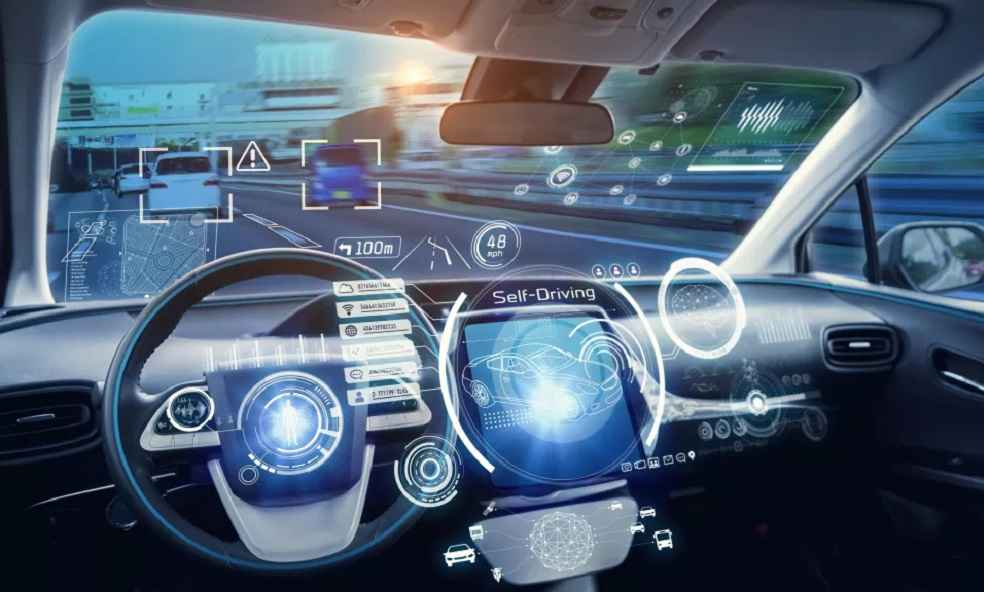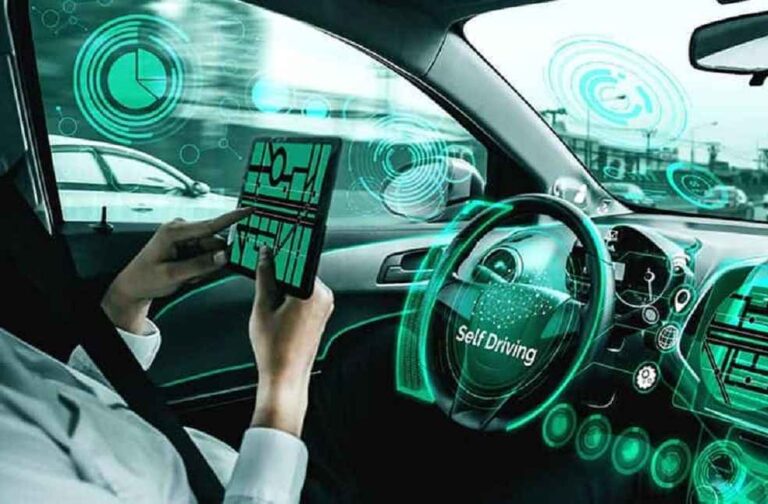AVL, alongside industry frontrunners Microsoft, Hexagon, Synopsys, and Tracetronic, has unveiled the Autonomous End-to-End-Testing (ADET) initiative, poised to revolutionize autonomous driving development.
Testing autonomous vehicles is a multifaceted challenge, demanding rigorous evaluation across diverse real-world scenarios. To expedite new function development, AVL and partners have engineered a cutting-edge toolchain automating testing from software simulation to real-world road scenarios.
ADET’s digital toolchain facilitates seamless data exchange and collaboration among manufacturer and supplier teams. Leveraging Microsoft Azure’s cloud infrastructure, the initiative enables efficient planning, rapid implementation, and comprehensive evaluation of test scenarios.

Bernhard Mueller-Bessler, Head of Virtual Mobility at Hexagon, emphasized collaboration, stating, “ADET boosts ADAS and future AD tests success through unified effort.”
Martin Böhm, Head of Autonomous Driving Software Solution at Tracetronic, underscored coordinated processes’ significance for efficiency and performance in testing autonomous driving functions.
Tom De Schutter, Vice President Engineering at Synopsys, emphasized the importance of digital twins in addressing validation challenges.

Jens Poggenburg, Executive Vice President at AVL, highlighted the initiative’s significance in offering integrated tools for autonomous and software-oriented vehicle development.
Hermann Erlach, General Manager of Microsoft Austria, emphasized data’s transformative role in driving innovation in autonomous vehicles.
ADET signifies a milestone in autonomous driving technology advancement, setting a new standard for the automotive industry and fostering safer, more reliable autonomous driving.
EV WRLD | Japanese Auto Giants Unite for EV Battery Data Sharing, Eye Global Compliance





